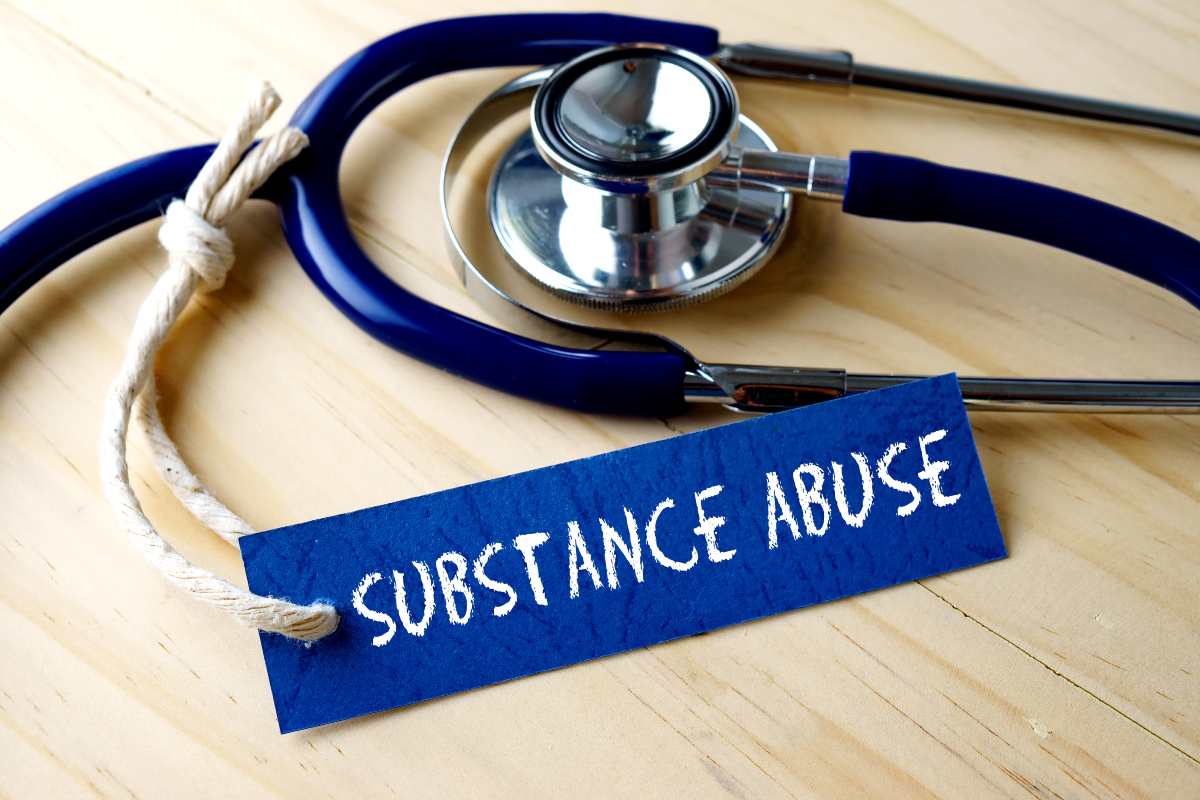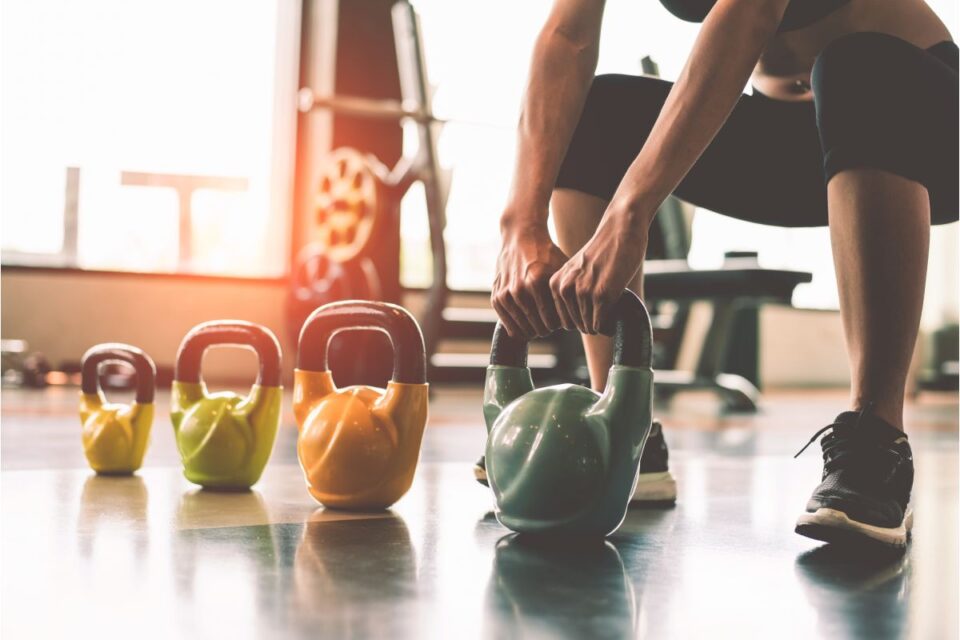Exercise can improve mental health and boost physical well-being. For people struggling with substance addictions, though, exercise offers an even more powerful aid: it can help treat the brain changes that cause addiction in the first place.
Exercise can complement traditional drug treatments and help speed up recovery and avoid relapses. You may check out successful treatment programs at https://www.jacksonhouserehab.com/treatment-program/veterans-program/ to learn what steps recovery centers take to help.
How does this work, though? Continue reading to know how exercise affects substance addiction.
Exercise is often a key component in treatment programs because it reduces the risk of relapse by providing a sense of purpose, improving mood and self-esteem, and reducing stress. Yet how does it work on a biological level?
Exercise can influence the brain’s reward system by releasing dopamine. Dopamine is a chemical in the brain that triggers feelings of pleasure and motivation. Exercise can also activate serotonin, which makes us feel happy and relaxed.
Dopamine and serotonin are neurotransmitters—chemicals that send signals between nerve cells in our brain—and they play a vital role in regulating our moods and emotions. More than the usual neurotransmitters are released when you exercise, naturally leading to happiness and satisfaction.
Exercise also increases endorphins, which are natural painkillers that increase our tolerance to pain and our overall sense of well-being. Endorphins can help relieve anxiety symptoms associated with substance abuse recovery, such as restlessness or depression, which may lead to cravings for drugs.

Table of Contents
Exercise Can Reduce Withdrawal Symptoms
Exercise is known to reduce withdrawal symptoms. It also helps you feel more energized and less sleepy, so it’s easier to resist the temptation of a nap or crashing at home after work. Additionally, exercise helps your body maintain a balanced chemical state to keep your cravings in check. You’ll learn to cope with stressors healthily instead of abusing drugs or alcohol for relief by exercising regularly.
Exercise can give you a sense of control over your life again—a feeling that’s important if you’ve been struggling with addiction for any length of time. When you’re going through an episode where everything feels overwhelming and out of control, getting outside and moving around is an easy way to get back into balance physically, mentally, and emotionally. Even if it doesn’t seem like much at first glance (and many times, it won’t be), getting some exercise every day will help keep those feelings under control, so they don’t spiral out of hand again later on.
Exercise Helps Strengthen Your Immune System
Exercise strengthens your immune system by increasing blood flow to your body’s organs and tissues. This is especially important for your lymph nodes and bone marrow as they produce antibodies that fight off infections and viruses. If you’re recently sober, you may be vulnerable to illness because your immune system has been weakened by alcohol or drugs. Exercising regularly will give your immune system the boost to keep fighting off viruses and bacteria that could lead to illness or infection.
Exercise Helps Build Willpower
When it comes to overcoming substance addiction, willpower is one of your most crucial tools. Having strong willpower will help you stay clean and avoid relapses. Exercise can help build your willpower because it increases dopamine (a known pleasure hormone) levels in the brain. Hence, it’s no surprise people feel happy after exercising.
Exercise also helps increase serotonin in the brain, which has been found to reduce cravings for substances like alcohol or drugs. As mentioned, exercise helps with self-esteem and builds confidence by releasing endorphins into our bodies during physical activity. These endorphins make us feel good about ourselves and enhance our moods. Therefore, when you’re feeling good and in a better mood, your cravings for alcohol or drugs become lower.
Exercise Can Help You Get Better Sleep
Exercise helps you get better sleep, a common problem among people recovering from substance abuse.
People in recovery often have a hard time sleeping. It’s not uncommon for people to have trouble sleeping even when they aren’t actively using drugs or alcohol. This can be due to the withdrawal symptoms that many people experience after quitting or reducing their use of drugs and alcohol.
Likewise, those who have come out of treatment may have other factors that interfere with their sleep: nightmares related to past trauma, post-traumatic stress disorder symptoms, depression, anxiety, and other mental health issues. Addicting substances also disrupt your brain chemistry in ways that affect your sleep pattern, and cause fatigue and other physical symptoms like irritability and lack of focus.
Exercise can help reduce these problems by helping your body produce more serotonin; an important neurotransmitter that regulates moods and feelings of happiness. An exercise also releases endorphins into your bloodstream during and after exercise.
Exercise Controls Cravings
Exercise can help you feel better about yourself, boost your confidence, and be in control of your life. This is because exercise releases endorphins, which are the body’s feel-good hormones. Endorphins act as an antidepressant and play a role in pain relief.
Exercise also helps you relax by increasing blood flow to the brain. Increased blood flow brings more oxygen into the brain so it can function at its best. This extra oxygen allows your brain cells to work faster and more efficiently, which results in improved mental performance such as memory recall, concentration levels, and problem-solving skills. Moreover, exercise has been found to reduce stress levels by releasing dopamine into the body, thereby boosting your mood naturally.
Exercise Gives You A Sense Of Control
One of the essential benefits of exercise is that it gives you a sense of control and mastery over your life.
Exercise allows you to feel powerful in the following ways:
- You can control how hard you push yourself during an activity, and this will help increase feelings of confidence and competence.
- It can be challenging to think about anything else when you’re involved in physical activity because being active requires so much concentration. This means fewer negative thoughts and less time spent dwelling on problems or things that weigh on your mind.
- When you exercise, your brain releases endorphins, which help you deal with stress better than other activities like watching TV or listening to music.
Exercise Improves Your Mood
Exercise can help with your substance addiction in several ways. It improves your mood, increases endorphins, helps you sleep better, deals with stress, and makes you more confident and optimistic. As a bonus for those who struggle with depression or anxiety disorders, studies have shown that exercise can also be an effective treatment for these conditions.
Exercise also increases the amount of serotonin in your brain, which is a neurotransmitter that regulates moods like happiness and libido. Serotonin levels decrease when people drink alcohol or use drugs. However, when they start exercising again, their serotonin levels rise back up to normal levels, allowing them to feel good again without needing alcohol or drugs.
Exercise Is A Natural High
During a workout, your brain releases endorphins to help you feel better. Some of the benefits of endorphins include:
- Reducing anxiety and depression
- Increasing energy levels
- Enhancing mood
Exercise Improves Self-Confidence
Besides the physical benefits of exercise, it can also help you feel more confident in overcoming challenges and making healthy decisions. Exercise gives you a sense of accomplishment and the confidence that comes with knowing that you can do something difficult and succeed.
Exercise Makes You Feel Part Of A Community
In addition to keeping your physique in shape and making you feel more confident about yourself, exercise can also build confidence and help you meet new people. If you’re looking for a group of people who share the same goals, joining an organized sports team or club is a perfect place to start.
Furthermore, the best part about regular exercise is it helps you feel part of something bigger than yourself; this carries over into other areas of your life where you might otherwise feel disconnected (like relationships). This sense of connection can increase your endurance and motivation against triggers.
Exercise Takes Your Mind Off The Urge To Use Drugs
Exercise can help you feel less stressed and more in control of your life. It will make you feel calmer and happier.
Exercise helps by releasing endorphins in your body, giving it a natural high. Exercise also releases serotonin, dopamine, norepinephrine, and other chemicals that help make you feel good about yourself and improve your mood.
Conclusion
Exercise is a powerful tool that can help you overcome substance addiction. It can keep your body healthy, help manage withdrawal symptoms, give you a sense of purpose, relieve stress, and improve your mood. Regular exercise may be the best thing you do for yourself when quitting drugs. Hence, don’t be afraid to incorporate any exercise into your routine until you find something that works for you. Don’t forget to refer to the suggestions presented here, too, and practice all or just a few of them to help keep your body moving. Start now and see the difference exercise can bring to your life.

